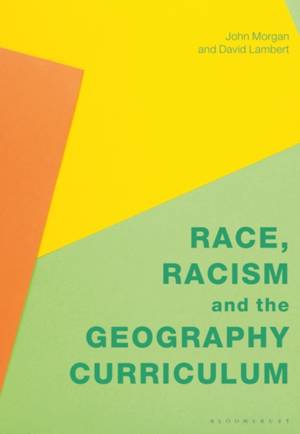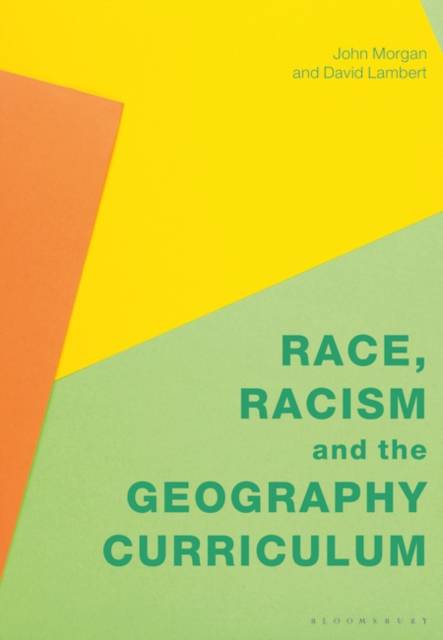
Bedankt voor het vertrouwen het afgelopen jaar! Om jou te bedanken bieden we GRATIS verzending (in België) aan op alles gedurende de hele maand januari.
- Afhalen na 1 uur in een winkel met voorraad
- In januari gratis thuislevering in België
- Ruim aanbod met 7 miljoen producten
Bedankt voor het vertrouwen het afgelopen jaar! Om jou te bedanken bieden we GRATIS verzending (in België) aan op alles gedurende de hele maand januari.
- Afhalen na 1 uur in een winkel met voorraad
- In januari gratis thuislevering in België
- Ruim aanbod met 7 miljoen producten
Zoeken
€ 169,95
+ 339 punten
Uitvoering
Omschrijving
Changes in the nature of knowledge production, plus rapid social and cultural change, have meant that the 'curriculum question' - what is to be taught, and by extension, 'whose knowledge' - has been hotly contested. The question of what to teach has become more and more controversial. This book asks: what is an appropriate curriculum response to the acute, renewed interest in issues of race and racism? How does a school subject like geography respond?
The struggle over the school curriculum has frequently been portrayed as being between educational 'traditionalists' and 'progressives'. This book suggests a way out of this impasse. Drawing upon and extending insights from 'social realism', it explores what a Future 3 geography curriculum might look like - one that recognizes the importance of the academic discipline as a source of curriculum-making but at the same time avoids geographical knowledge becoming set in stone. The book focuses very sharply on issues of race and racism, enabling teachers to engage in curriculum making in geography that is racially literate.
The struggle over the school curriculum has frequently been portrayed as being between educational 'traditionalists' and 'progressives'. This book suggests a way out of this impasse. Drawing upon and extending insights from 'social realism', it explores what a Future 3 geography curriculum might look like - one that recognizes the importance of the academic discipline as a source of curriculum-making but at the same time avoids geographical knowledge becoming set in stone. The book focuses very sharply on issues of race and racism, enabling teachers to engage in curriculum making in geography that is racially literate.
Specificaties
Betrokkenen
- Auteur(s):
- Uitgeverij:
Inhoud
- Aantal bladzijden:
- 224
- Taal:
- Engels
Eigenschappen
- Productcode (EAN):
- 9781350336650
- Verschijningsdatum:
- 20/04/2023
- Uitvoering:
- Hardcover
- Formaat:
- Genaaid
- Afmetingen:
- 170 mm x 244 mm
- Gewicht:
- 557 g

Alleen bij Standaard Boekhandel
+ 339 punten op je klantenkaart van Standaard Boekhandel
Beoordelingen
We publiceren alleen reviews die voldoen aan de voorwaarden voor reviews. Bekijk onze voorwaarden voor reviews.









